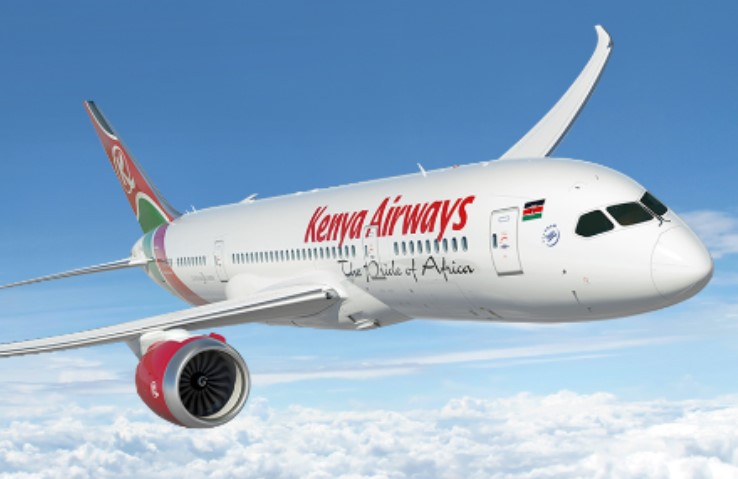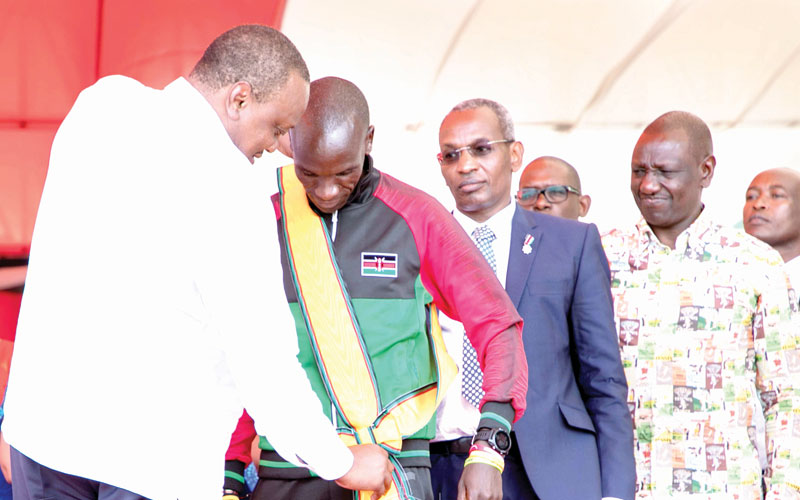Power of President’s call
By Amos Abuga, October 28, 2019A night before his 1,500m final during the 2000 Olympics in Sydney, Australia, Noah Ngeny received an extraordinary call.
Former President Daniel arap Moi was the man on the other end of the line, and the message was clear, you’re not running for yourself but the entire nation. It’s a call that eventually spurred him to greatness, an Olympics gold.
That power call 19-years ago, was redialed again on October 11, this time, President Uhuru Kenyatta, calling world marathon record holder Eliud Kipchoge a night before his attempt to break the two-hour barrier in the marathon.
It is safe to say it worked as Kipchoge eventually run the historic 1:59.40 in Vienna, Austria on October 12, becoming the first man to ever achieve such a feat.
Speaking after the race, Kipchoge said: “I received a very important call last evening from the President of Kenya. It was a special and important call. It added pressure on me to achieve this as I did not want to let him and the country down.”
For ex-Kenyan-turned American Benard Lagat, who won bronze during the 2000 (Sydney), that call from President Moi pushed Ngeny hard.
“You never get to receive such calls very often. They are frightening but also inspiring. Getting the Commander-In-Chief of The Armed Forces calling you is chilling. It gave Ngeny extra powers,” says Lagat.
“Personally I am happy to have been part of the historic calls. In 2000 and now 2019,” said Lagat, who was among the pacemakers for Kipchoge’s INEOS 1:59 Challenge.
Ngeny, who was perceived as an outsider in that final behind world record holder El Guerrouj and Lagat surprised all by winning in 3:32.07.
Lagat, who featured for Kenya at the 2000 (Sydney) and 2004 (Athens) Olympics before switching nationalities to represent the US at the 2008 (Beijing), 2012 (London) and 2016 Rio Olympics says recognising the work of athletes is special.
“Just imagine how many people were tuned in to watch the INEOS Challenge. It will cost you millions in advertisements to market your country in such a manner,” said 41-year-old Lagat, who is looking forward to his seventh Olympics appearance in Tokyo, Japan next year.
While calls from Kenyan presidents to athletes are rare, it is common in Uganda where the country’s Head of State Yowei Museveni has made passionate appeals to high-profile runners such as Dorcas Inzikuru, Moses Kipsiro, Stephen Kiprotich and most-recently Joshua Cheptegei.
“In Moscow 2013 just before I won the world marathon title, it was motivating and relaxing to talk to my president,” recalls Kiprotich an inspector in the Uganda Prisons service.
He added: “Athletes are human beings who need to be appreciated for what they do. That goes a long way in getting the required results on the track.”
More Articles

